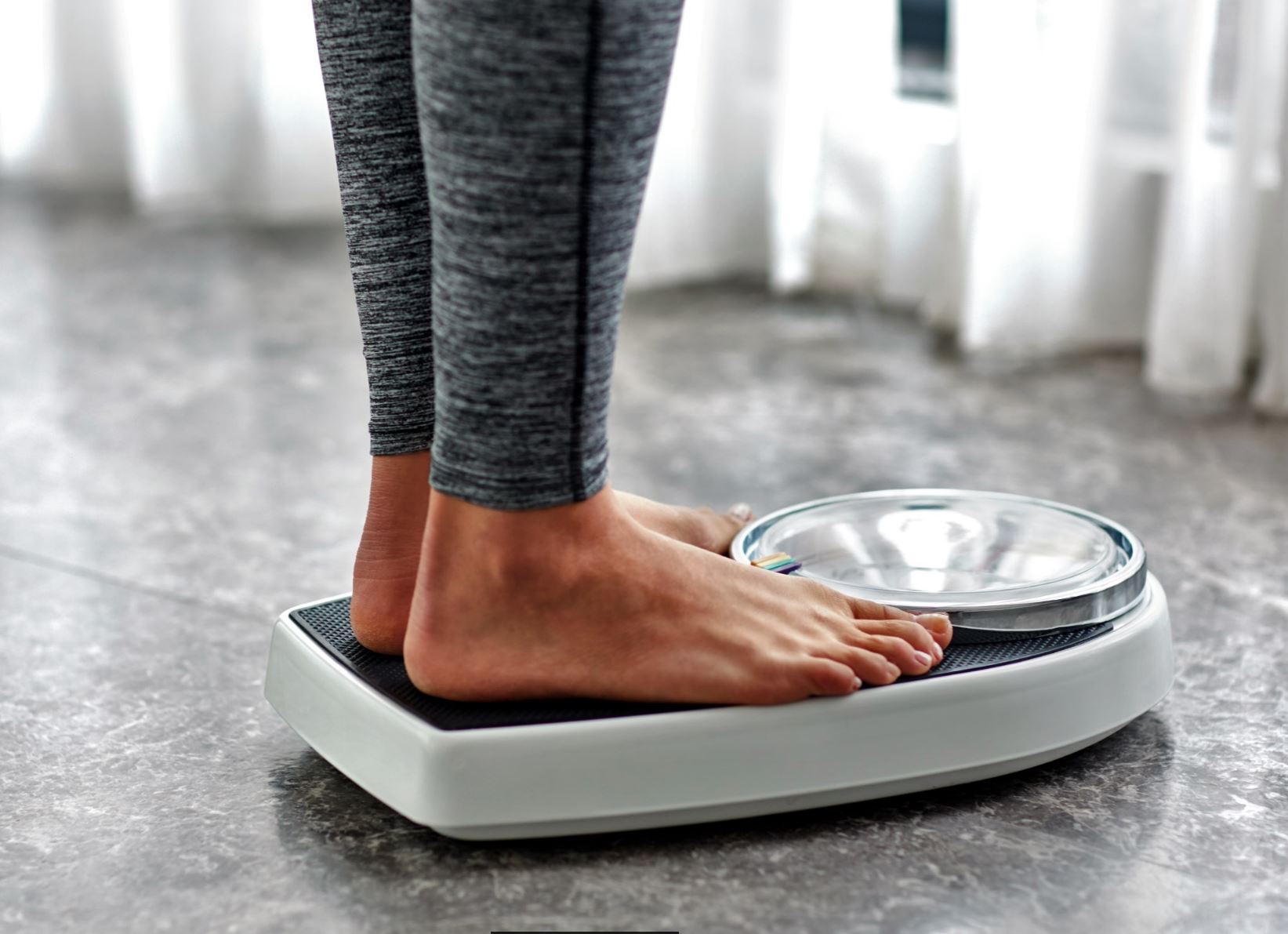
The battle to correct eating disorders has taken an interesting turn with researchers finding that acceptance of weight, body and appearance can be linked to promoting healthy eating.
Flinders University Psychology researcher Mia Pellizzer was part of a research team that examined the issue of body image flexibility – meaning a person’s ability to accept and act on limiting how much their weight and body appearance affects their lives.
PhD candidate Ms Pellizzer, with Flinders Psychology Professor Tracey Wade and Professor Glenn Waller of the University of Sheffield in England, found that a person’s body image flexibility can be protection against disorderly eating.
“People with higher flexibility have better outcomes in eating disorder treatment,” they conclude in a new paper published in the International Journal of Eating Disorders.
The research team explored whether analysis of body image – specifically body image flexibility, avoidance and checking – could help predict the outcomes and drop-out rates of people participating in a 10-session eating disorder treatment.
They found that body image flexibility can have a telling influence on how people live their lives, and that their body image perception affects such things as their mood, self-worth, time management, and relationships with others.
“We were also interested in the extent of people doing body checking, which is an overuse of observing themselves in mirrors, pinching and measuring body parts, and checking their weight on scales,” Ms Pellizzer says.
“But were also interested in whether people were consciously avoiding mirrors, tight clothing and weighing themselves on scales. We know that both these extremes are commonly targeted in Cognitive Behavioural Therapy.”
Both aspects of body image were found to predict outcomes.
The researchers also examined whether negative effects (depression, anxiety and stress symptoms), personality beliefs (symptoms of personality disorders) and motivation (readiness to change and belief of ability to change) are aspects that can help predict eating disorder treatment outcomes.
They found that people who had better body image flexibility were more likely to decrease their disordered eating over the course of their treatment, and also after their treatment concluded.
Participants with higher body image flexibility had lower eating disorder issues at every assessment point during the study.
These results indicate that body image flexibility may be protective against eating disorder symptoms. The study authors now hope that future studies will assess whether focusing on body image flexibility in treatment will improve outcomes in eating disorder treatments.
‘Body image flexibility: A predictor and moderator of outcome in transdiagnostic outpatient eating disorder treatment’ by ML Pellizzer, G Waller, and TD Wade (2018) published in the International Journal of Eating Disorders.

